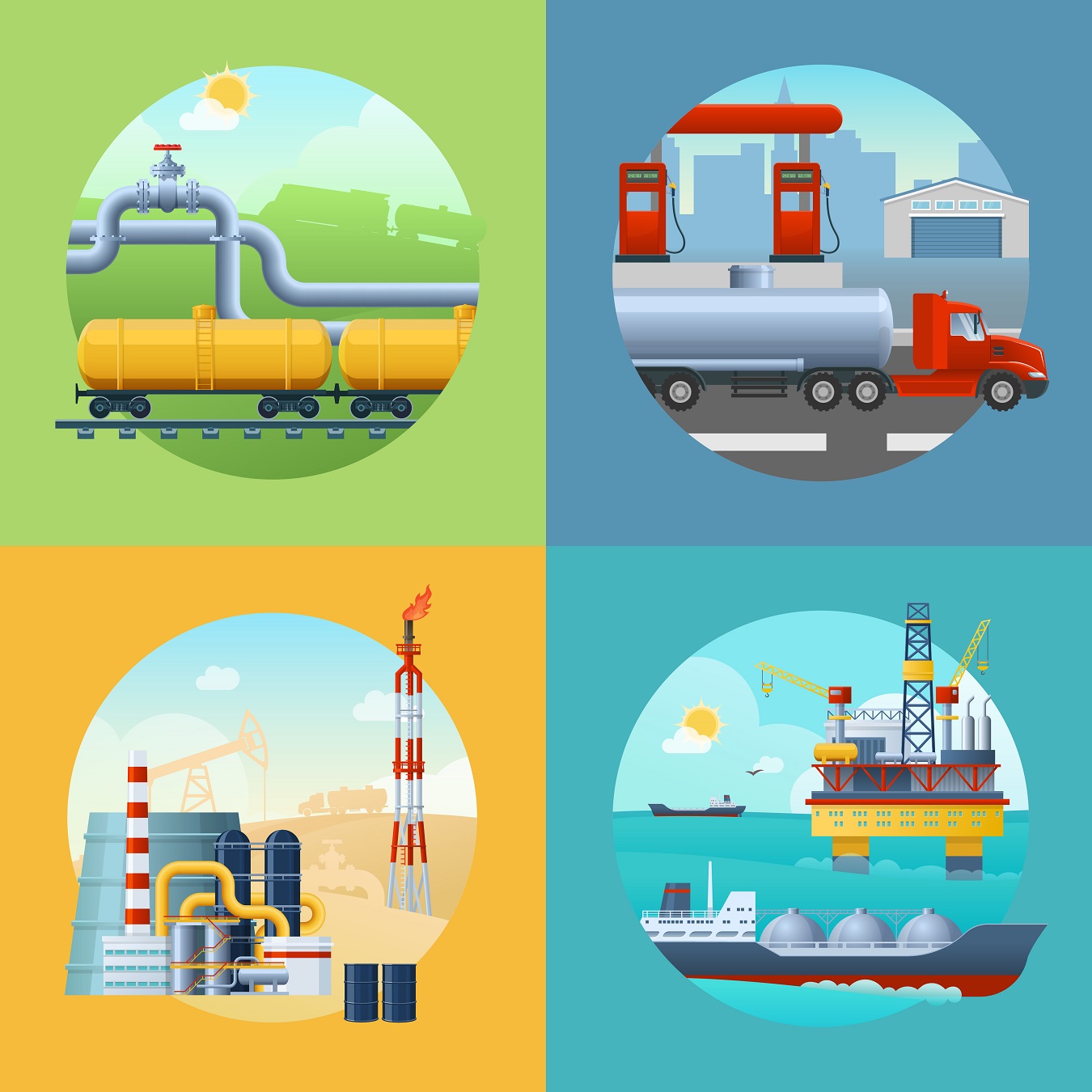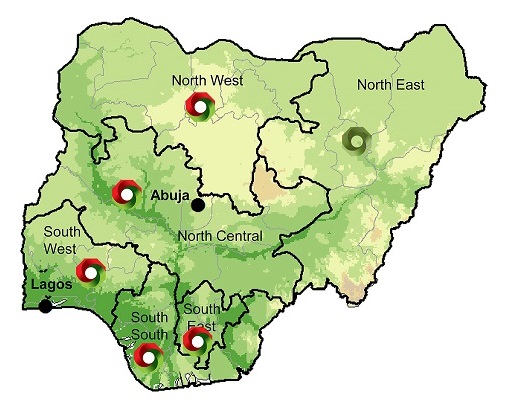The oil and gas industry is known for its complex and high-risk operations, which can pose significant health and safety challenges for workers. However, by implementing robust health and safety measures, companies can protect their workforce and improve operational efficiency. There are several actions that companies operating in the oil and gas sector can take to enhance health and safety in their operations.
Implementing a Strong Safety Culture:
A strong safety culture starts at the top and permeates throughout the organization. Companies should prioritize safety in all aspects of their operations and foster a culture where employees feel empowered to report safety concerns without fear of reprisal.
Providing Comprehensive Training:
Proper training is essential for ensuring that workers are aware of and adhere to safety protocols. Companies should provide comprehensive training programs that cover all aspects of health and safety relevant to their specific operations.
Conducting Regular Safety Audits and Inspections:
Regular safety audits and inspections help identify potential hazards and ensure that safety procedures are being followed. Companies should conduct these audits regularly and address any issues promptly.
Utilizing Technology for Safety Monitoring:
Advances in technology, such as sensors and monitoring systems, can enhance safety by providing real-time data on environmental conditions and worker health. Companies should invest in these technologies to improve safety outcomes.
Implementing Health and Wellness Programs:
In addition to safety measures, companies should also prioritize the health and wellness of their employees. This can include programs that promote physical fitness, mental health, and overall well-being.
Enforcing Strict Compliance with Regulations:
Compliance with health and safety regulations is non-negotiable. Companies should ensure that they are aware of and adhere to all relevant regulations and standards to protect their workers and the environment.
Providing Personal Protective Equipment (PPE):
Proper PPE is essential for protecting workers from workplace hazards. Companies should provide appropriate PPE to all employees and ensure that it is worn correctly at all times.
Implementing Emergency Response Plans:
Accidents can happen, so it’s crucial to have robust emergency response plans in place. Companies should develop and regularly update these plans to ensure a swift and effective response in the event of an emergency.
Encouraging Reporting of Near Misses:
Near misses are valuable learning opportunities that can help prevent more serious accidents in the future. Companies should encourage employees to report near misses and investigate them thoroughly to identify and address underlying issues.
Collaborating with Industry Partners:
The oil and gas industry is a complex ecosystem involving multiple stakeholders. Companies should collaborate with industry partners, regulators, and other stakeholders to share best practices and improve overall health and safety outcomes.
Conclusion:
Improving health and safety in the oil and gas industry requires a multi-faceted approach that includes strong leadership, comprehensive training, technological innovation, and collaboration. By prioritizing health and safety, companies can protect their most valuable asset—their workforce—and contribute to a safer and more sustainable industry.





